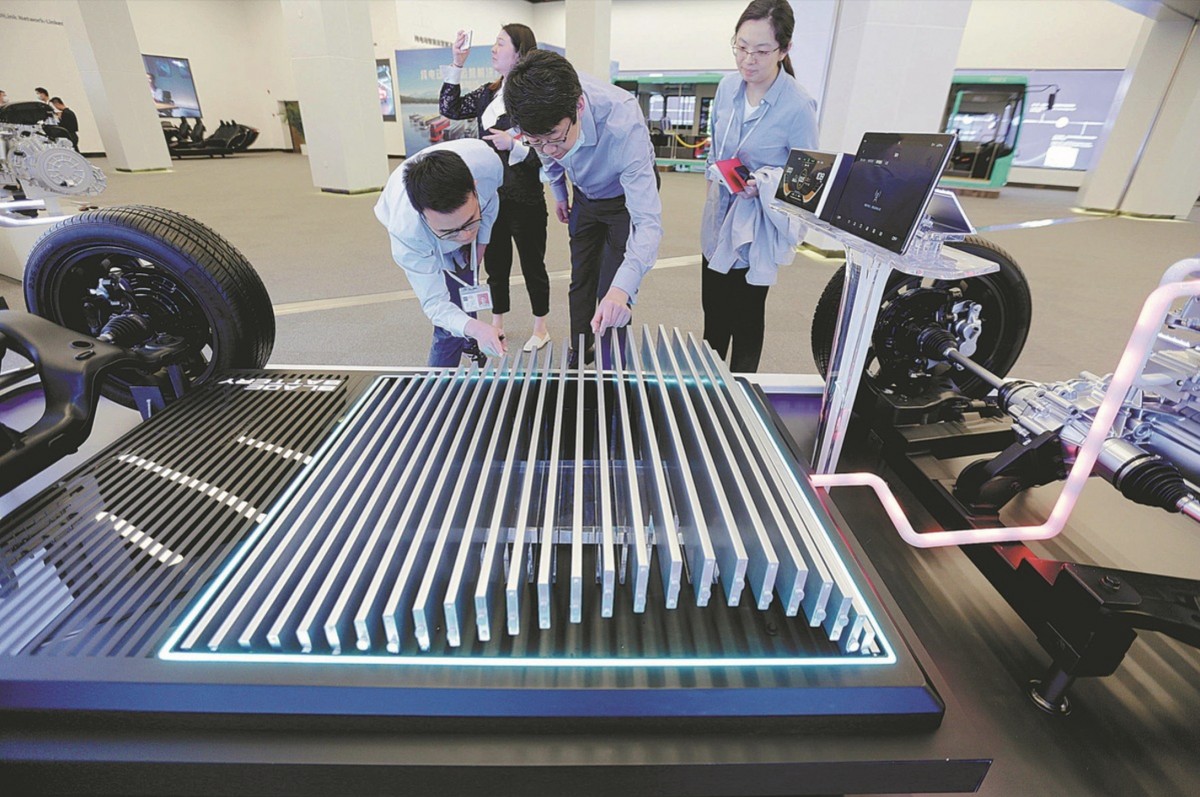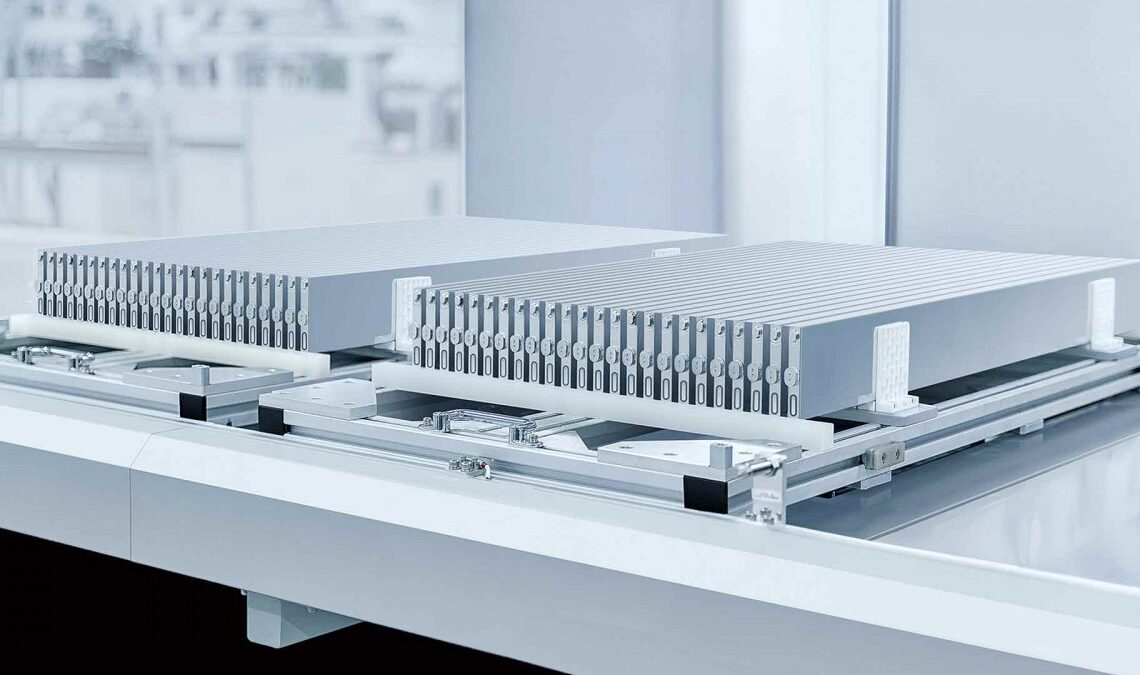The electric vehicle industry is no stranger to collaborations, but one of the most potentially exciting ones never came to be. It was discovered that Apple partnered with BYD, the Chinese EV and battery giant, to develop a revolutionary battery system. This clandestine collaboration, which took place around 2017, focused on lithium iron phosphate (LFP) cells. That tech is often praised for its longevity and safety advantages over the EV batteries available at the time.
While Apple ultimately abandoned its ambitious car project, the partnership with BYD offers a fascinating glimpse into the company’s EV aspirations. The collaboration aimed to create a highly customized battery system tailored specifically for Apple’s planned vehicles. Apple engineers brought their expertise in advanced battery packs and thermal management to the table, while BYD contributed its manufacturing prowess and advancements in LFP cell technology.
Although neither company officially confirmed the joint battery development, BYD emphasized in a statement that its “Blade battery” technology, which currently powers its entire EV lineup, originated from its own engineers. However, sources close to the development suggest that the Blade battery’s design was influenced by lessons learned during the collaboration with Apple.
Apple reportedly sought customizations that would significantly boost the range of its EVs, a key factor in consumer adoption. At the time, the company was already exploring various battery chemistries, including nickel and alkaline, and investing heavily in battery pack design and engineering to maximize cell density.

The collaboration with BYD aimed to help the development of a long-range battery system that would have set Apple’s EVs apart. Despite years of joint efforts, Apple eventually decided to explore battery systems from other manufacturers. The EV project faced numerous delays, and the challenging economics of the EV market likely played a role in Apple’s decision to ultimately pull the plug.
Click Here to Read the Full Original Article at ArenaEV.com – Latest articles…

